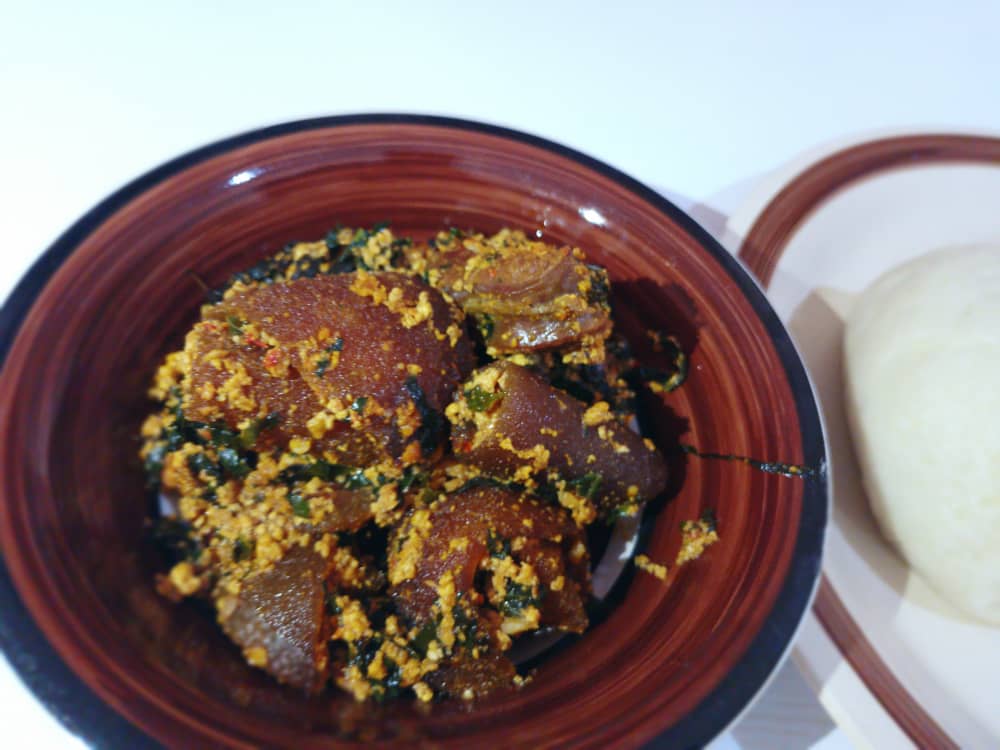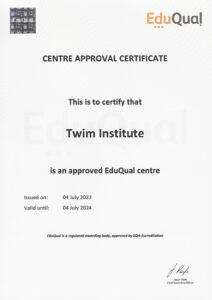
Introduction
Vegan cuisine refers to food that is free from animal products, such as meat, dairy, and eggs. Veganism is a lifestyle that aims to avoid the exploitation of animals in any form, including in the food industry.
Vegan cuisine includes a wide range of plant-based dishes that are both nutritious and delicious.
Some popular vegan dishes include vegetable stir-fry, lentil soup, roasted vegetables, vegetable curry, and tofu scramble.
Many vegan versions of traditional dishes also exist, such as vegan lasagna, vegan mac and cheese, and vegan burgers.
There are many health benefits to following a vegan diet, as it is typically high in fiber, vitamins, and minerals while being low in saturated fat and cholesterol.
However, it is important for vegans to ensure they are consuming enough protein, calcium, and vitamin B12, which are commonly found in animal products.
Vegan cuisine has become increasingly popular in recent years, with many vegan restaurants and cafes popping up in cities around the world.
Additionally, many mainstream restaurants and food companies have started to offer vegan options to meet the growing demand for plant-based foods.
Some Intercontinental Vegan Dishes
Vegan cuisine is a type of cuisine that is completely free of animal products, including meat, dairy, eggs, and honey. Here are some examples of vegan cuisine:
- Falafel: A Middle Eastern dish made from chickpeas, parsley, and spices that are formed into balls or patties and then fried.
- Tofu Scramble: A vegan alternative to scrambled eggs made with tofu, vegetables, and spices.
- Vegetable Curry: A flavorful dish made with a variety of vegetables cooked in a spicy sauce.
- Lentil Soup: A hearty soup made with lentils, vegetables, and spices.
- Vegan Pizza: Pizza made with vegan cheese, vegetables, and plant-based meat substitutes.
- Vegan Burgers: Plant-based burgers made from ingredients such as tofu, tempeh, and beans.
- Vegan Sushi: Sushi made with vegetables, avocado, and other vegan ingredients instead of fish.
- Vegan Pad Thai: A popular Thai dish made with rice noodles, vegetables, and a tangy sauce.
- Vegan Tacos: Tacos filled with vegetables, beans, and plant-based meat substitutes.
- Vegan Desserts: Vegan versions of classic desserts, such as chocolate cake, apple pie, and ice cream, made without dairy or eggs.
Some Nigerian Vegan Cuisine
Nigeria has a rich and diverse culinary tradition, with many delicious vegan dishes. Here are a few examples:
Jollof Rice: This is a popular dish in Nigeria, and it can be made vegan by omitting the meat and using vegetable broth. Jollof rice is a flavorful dish made with rice, tomatoes, onions, peppers, and spices.

Egusi Soup: This is a soup made with ground melon seeds, vegetables, and spices. It’s often served with fufu, a starchy side dish made from cassava, yam, or plantain.

Akara: This is a savory fritter made with black-eyed peas, onions, and spices. It’s a popular breakfast food in Nigeria and is often served with bread.

Moi Moi: This is a steamed bean pudding made with black-eyed peas, peppers, onions, and spices. It’s often served as a side dish or a main course.

Pounded Yam: This is a starchy side dish made from yam that’s been boiled and pounded until smooth. It’s often served with soups and stews.
Efo Riro: This is a vegetable stew made with spinach, tomatoes, onions, and peppers. It’s often served with rice or fufu.
These are just a few examples of the many delicious vegan dishes that can be found in Nigerian cuisine.

Reasons People Opt for Vegan Cuisine
There are many reasons why people choose to follow a vegan diet, and here are some of the most common reasons:
Ethical concerns: Many people choose vegan cuisine because they don’t want to support the exploitation of animals for food. They may be against animal cruelty, factory farming, or the use of animals for scientific research.
Health reasons: Vegan cuisine is often seen as a healthier option because it tends to be low in saturated fat and cholesterol and high in fiber, vitamins, and minerals. Some people may choose veganism to improve their health or manage certain health conditions.
Environmental concerns: Animal agriculture is a significant contributor to greenhouse gas emissions, deforestation, and water pollution. People who are concerned about the environment may choose veganism as a way to reduce their impact on the planet.
Religious or cultural reasons: Some people follow a vegan diet as part of their religious or cultural traditions. For example, some Hindus and Jains are vegetarian or vegan for spiritual reasons.
Personal preferences: Some people simply prefer the taste of vegan cuisine and find it more satisfying than animal-based foods. They may also appreciate the variety of plant-based options available.
Conclusion
In conclusion, vegan cuisine has come a long way from its humble beginnings and has now become a prominent part of the culinary world. As more people become aware of the benefits of a plant-based lifestyle, the demand for vegan food continues to rise.
The creativity and innovation that goes into creating vegan dishes are limitless, with chefs and food enthusiasts experimenting with a vast range of ingredients and flavors to create mouthwatering meals that rival their non-vegan counterparts.
Beyond the taste and culinary aspects, the adoption of vegan cuisine has immense benefits for our health, the environment, and animal welfare. By making conscious choices about what we eat, we can reduce our carbon footprint, prevent the suffering of animals, and improve our overall well being.




